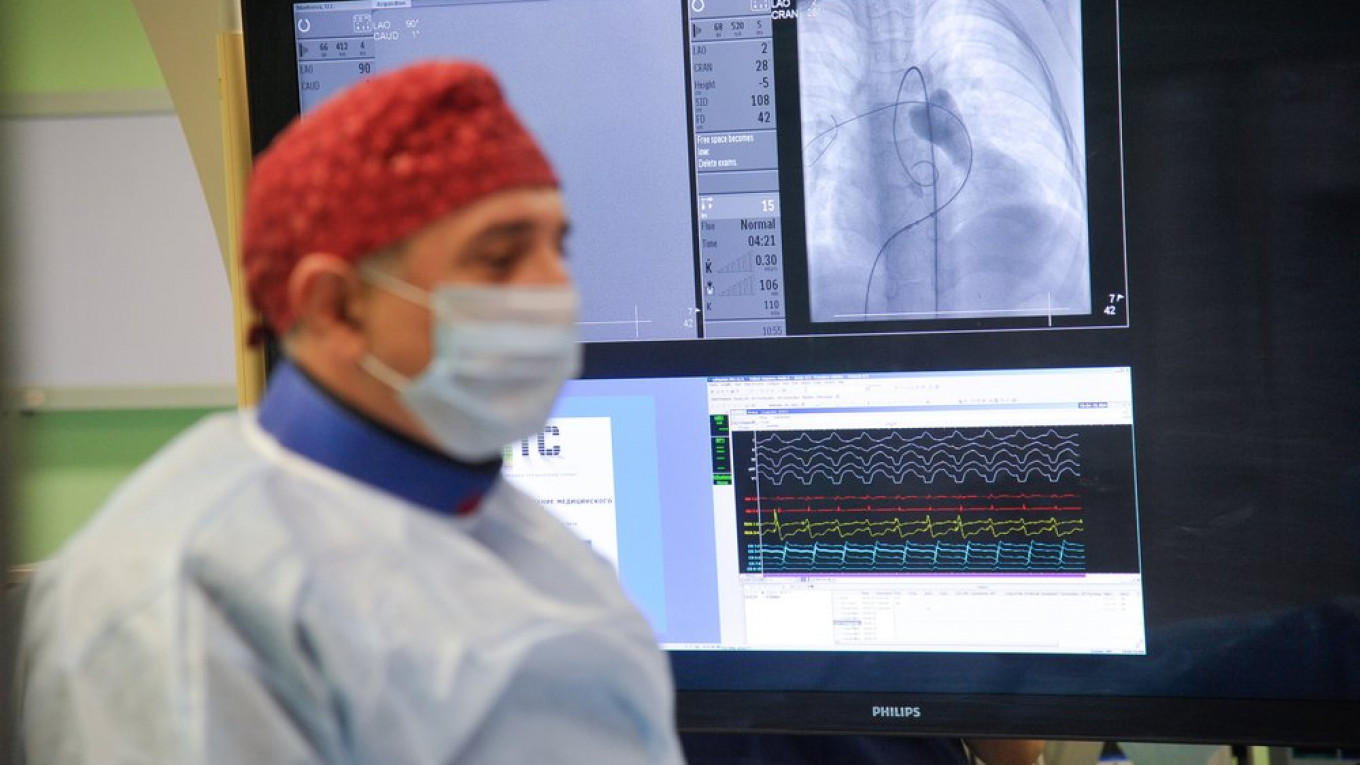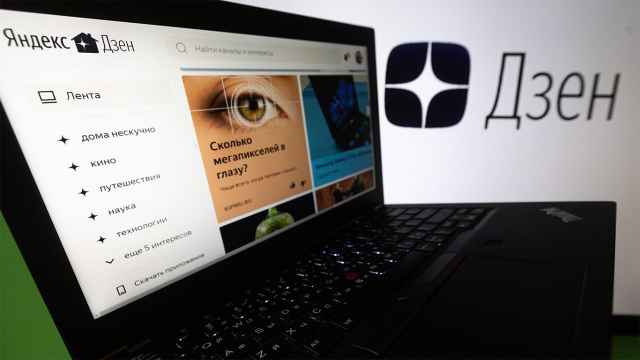Russian engineers announced on Thursday they have shrunk an artificial heart for infants, giving children with heart defects a new lease on life.
A synthetic replacement for the heart remains one of the long-sought holy grails of modern medicine. A functional artificial heart — first successfully implanted in a human in 1982 — lowers the need for heart transplants, because the demand for organs always greatly exceeds supply.
Named “Sputnik-D,” Russia’s first implantable blood pump is based on an adult-sized model successfully used in Russia since 2012.
“The reduced model of the device of auxiliary blood circulation ... will give the chance to implant it even to the smallest patients,” the Technopolis Moscow special economic zone said in a press release.
The new device improves the chances of survival for children with congenital heart disease, it said.
Around 250 heart transplants are conducted in Russia each year, according to the Moscow-based Zelenograd Innovation and Technology Center, ZITC, which developed the blood pump.
Reuters contributed reporting to this article.
A Message from The Moscow Times:
Dear readers,
We are facing unprecedented challenges. Russia's Prosecutor General's Office has designated The Moscow Times as an "undesirable" organization, criminalizing our work and putting our staff at risk of prosecution. This follows our earlier unjust labeling as a "foreign agent."
These actions are direct attempts to silence independent journalism in Russia. The authorities claim our work "discredits the decisions of the Russian leadership." We see things differently: we strive to provide accurate, unbiased reporting on Russia.
We, the journalists of The Moscow Times, refuse to be silenced. But to continue our work, we need your help.
Your support, no matter how small, makes a world of difference. If you can, please support us monthly starting from just $2. It's quick to set up, and every contribution makes a significant impact.
By supporting The Moscow Times, you're defending open, independent journalism in the face of repression. Thank you for standing with us.
Remind me later.






